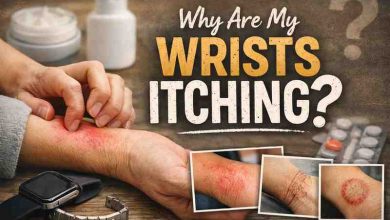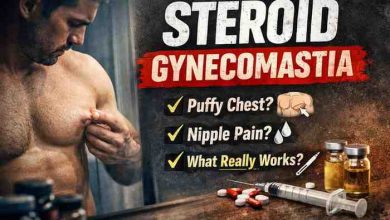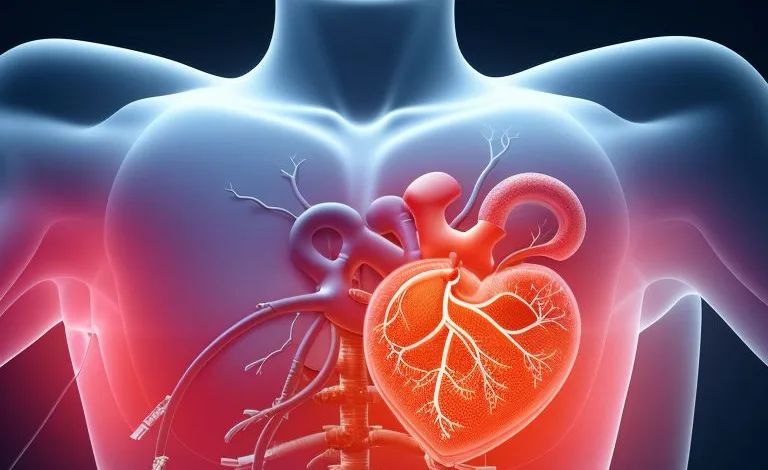
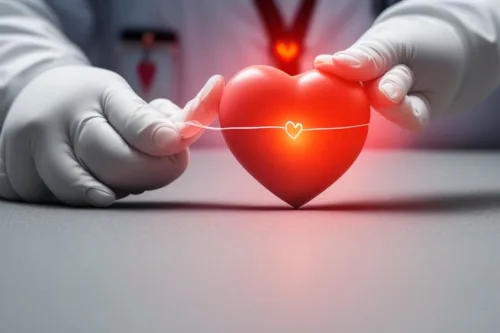
Cardiac Arrest Causes: 7 Surprising Triggers That Shattered My World
It hit like a truck. And not just metaphorically.
One second, my dad was laughing at some stupid joke I made while flipping pancakes. The next, he wasn’t responding. His fork just slipped from his hand mid-sentence, like someone hit the off switch. That sound — metal clinking on ceramic — is seared into my brain. I didn’t know it at the time, but I had just watched the beginning of cardiac arrest unfold. And trust me, nothing prepares you for that.
I always thought cardiac arrest was something that happened to old people, overweight guys on sitcoms, or people with very obvious heart problems. You know? Cigarette in one hand, bacon in the other? Turns out, reality doesn’t follow those neat little boxes. It’s cruel, messy, and way too random.
That morning cracked open a world I never wanted to know — but now I do. And honestly? You should too. Because the causes of cardiac arrest are sneakier and more personal than you’d ever imagine.
What Even Is Cardiac Arrest? (Aka: What Nobody Bothered to Explain)
So here’s the thing — I used to confuse cardiac arrest with a heart attack. Aren’t they the same thing? Spoiler alert: nope.
A heart attack is like a plumbing issue — blood flow gets blocked. Cardiac arrest is more like an electrical blackout. Your heart just… stops. Zero warning, zero rhythm, zero time to waste.
The only reason my dad is still here is because my mom had taken a CPR course on a whim two years earlier. A whim. Like, a “well-I-guess-it’s-free” kind of decision. That random class bought him the minutes he needed before paramedics got there. Minutes that made the difference between life and a funeral.
But why did it even happen? That’s what I kept asking. And the more I asked, the more horrifying the answers got.
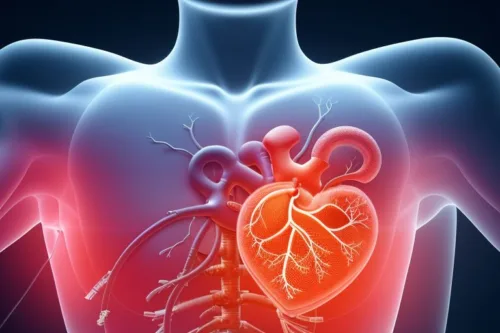
1. Undiagnosed Heart Conditions — Yep, Even If You “Feel Fine”
My dad had a condition called hypertrophic cardiomyopathy. We didn’t even know he had it. He passed his yearly checkups. He jogged every morning. Hell, he had visible abs at 62. I thought he was invincible.
Turns out, this condition thickens the heart muscle and messes with its ability to pump blood. And it often doesn’t show symptoms until something catastrophic happens. “But I feel great” doesn’t mean your heart’s not secretly plotting betrayal.
2. Electrolyte Imbalances — Yes, Like Gatorade Commercials, But Worse
This one blew my mind: potassium and magnesium levels? They matter. Like, a lot. After the hospital stabilized my dad, his doctors mentioned his potassium had been low for weeks. Nobody caught it. He’d started a “clean keto” thing (thanks, internet), and it had tanked his electrolytes.
That perfect salad? That clean fast? That Instagrammable smoothie? Yeah, they might be quietly setting you up for a cardiac curveball if you’re not balancing the basics.
3. Medications Gone Rogue
Here’s where it gets personal again.
I was prescribed a new ADHD med a while back. Seemed fine — until I fainted in the shower one morning. My doctor said the stimulant effect had spiked my heart rate unpredictably. I stopped immediately, but the thought stuck with me: “What if I was driving when that happened? Or alone on a hike?
Some meds — even OTC stuff — can mess with your heart’s rhythm. Always read the tiny print. Ask annoying questions. Be that patient. I sure as hell am now.
4. Extreme Stress and Emotional Shock
I’ve always hated the phrase “died of a broken heart” — sounded cheesy. Until I saw what stress did to my mom after the incident.
She didn’t eat for days. Couldn’t sleep. She lost 12 pounds in two weeks and landed in the ER with chest pain. Not a heart attack, thankfully, but the doc said it was stress-induced arrhythmia.
Turns out, intense emotional trauma can literally throw off your heart’s rhythm. It’s not poetic — it’s medical. Takotsubo cardiomyopathy, aka “broken heart syndrome,” is real. And deadly.
5. Sleep Apnea — The Silent Night Killer
Guess what? Loud snoring isn’t just annoying. It can be dangerous.
After his cardiac arrest, my dad was diagnosed with sleep apnea. Every night, his airway would close up dozens of times, dropping his oxygen levels and stressing his heart like crazy. And none of us had a clue.
Now he wears this awkward-looking CPAP mask that makes him look like a Star Wars extra. But it’s keeping him alive — so we all pretend it’s sexy.
6. Sudden Intense Physical Activity
Look, I’m not saying don’t exercise. I am saying don’t go from couch potato to CrossFit champ in a week.
A friend of mine — 33, healthy, super fit — collapsed during a Spartan race last year. Cardiac arrest. No previous issues, nothing in his history. Just went too hard, too fast, on a brutal hill sprint.
His heart just… gave out.
If you’re pushing limits, ease in, get screenings, and don’t ignore signs like dizziness or chest flutters. The “no pain, no gain” mantra? It’s dumb. Pain is often your body saying, “Yo, slow the hell down.”
7. Genetics — The Ghosts You Can’t See
You can eat kale till you cry and still be carrying ticking time bombs in your DNA. After my dad’s incident, we all got tested. Turns out, I carry a gene that increases risk for Long QT syndrome — a heart rhythm disorder.
I don’t smoke. I run. I do yoga. I meditate, for crying out loud.
But this gene doesn’t care.
Now I get annual EKGs. I track my resting heart rate like a stockbroker watches the market. Because the only thing scarier than your heart stopping is not knowing why.
So… What Now?
If you’re reading this and feeling low-key terrified, good. Not in a fear-mongering way — in a wake-up call way. Because knowing the causes of cardiac arrest gave me back my power. It helped me understand what the hell happened to my dad. And how I can stop it from happening again.
Here’s what’s in my current “don’t-die-young” survival kit:
-
A yearly ECG/echo check (especially since I carry that genetic marker)
-
Magnesium + potassium supplements (monitored by my doc, not TikTok)
-
CPR training (I made all my close friends take the same course my mom did)
-
Sleep studies for my snoring cousin who swears he’s “fine” (he’s not)
Oh — and I learned how to use an AED. Because I refuse to be a bystander again.
Honestly? I still get jumpy when my dad doesn’t answer the phone on the first ring. I still replay that morning sometimes, especially when I hear a fork hit a plate.
But I also sleep better knowing we caught the causes before they could strike again.
If you made it this far, I just wanna say — thank you for caring enough to read. This stuff isn’t easy. It’s uncomfortable. It’s messy and complicated and scary. But it’s also real. And if my oversharing helps one person get checked, or buy a home defib, or just question the meds they’re on — that’s worth it.
Stay curious. Stay nosy about your own health. And if your gut says something’s off?
Please. Listen.
